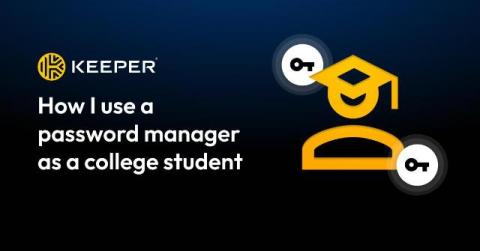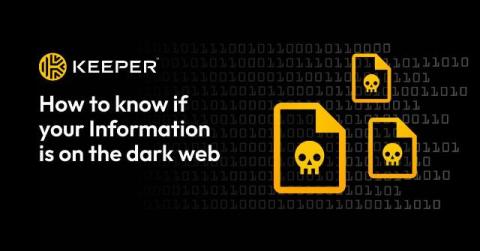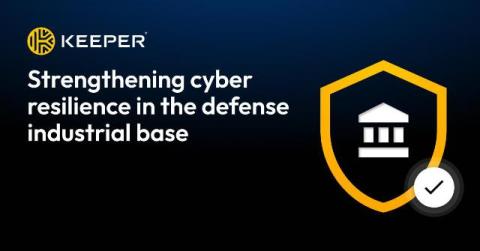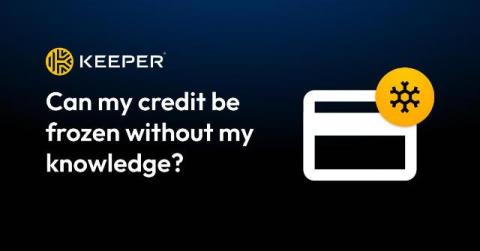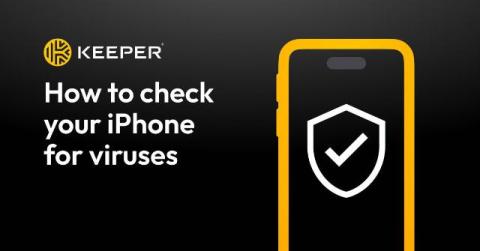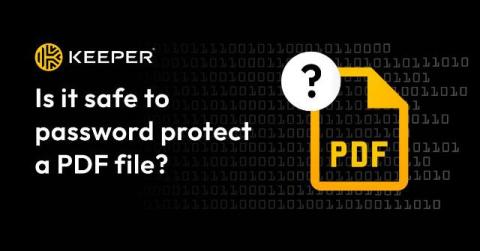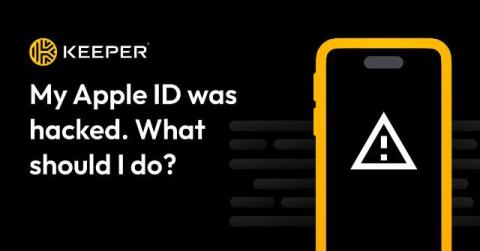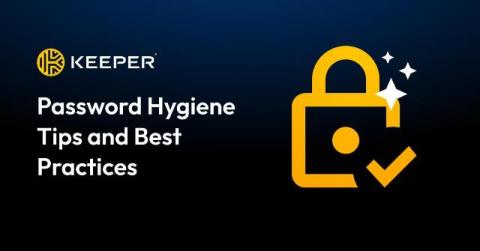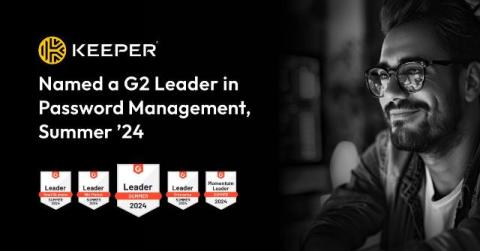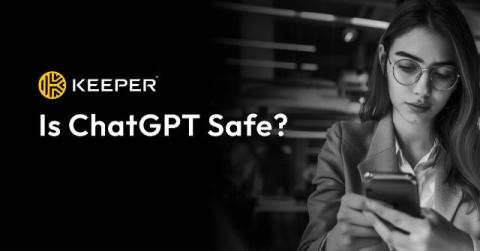How I Use a Password Manager as a College Student
Since starting my internship at Keeper Security, I’ve had the opportunity to enter into the world of cybersecurity, particularly surrounding the role of password management. This eye-opening experience has not only educated me on the dangers of an unprotected online presence, but it’s also encouraged me to follow cybersecurity best practices in my personal and academic life.


